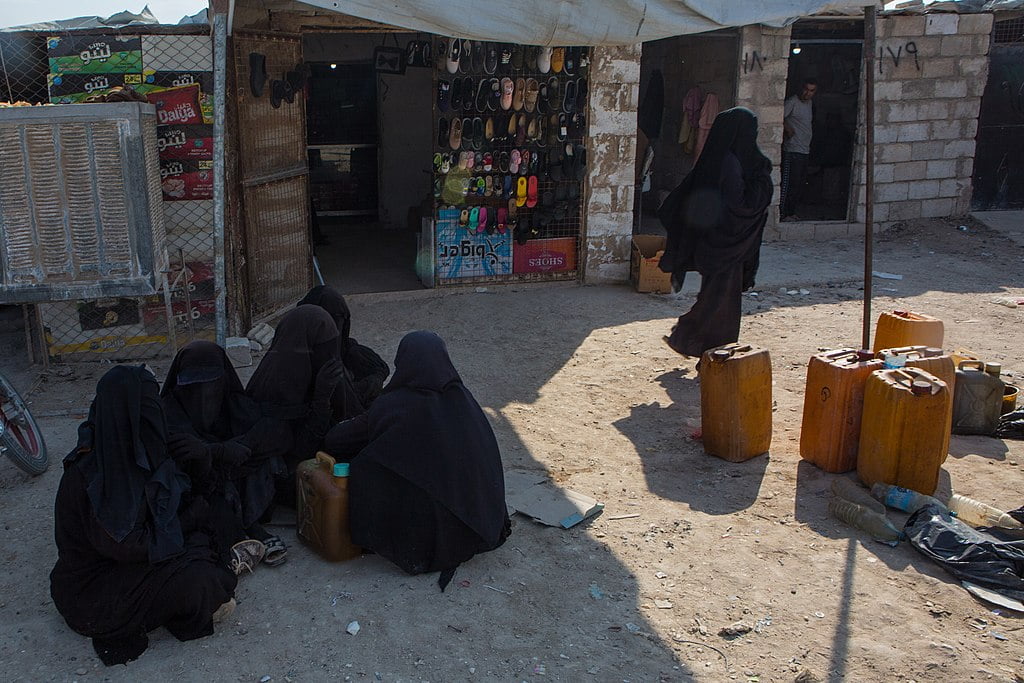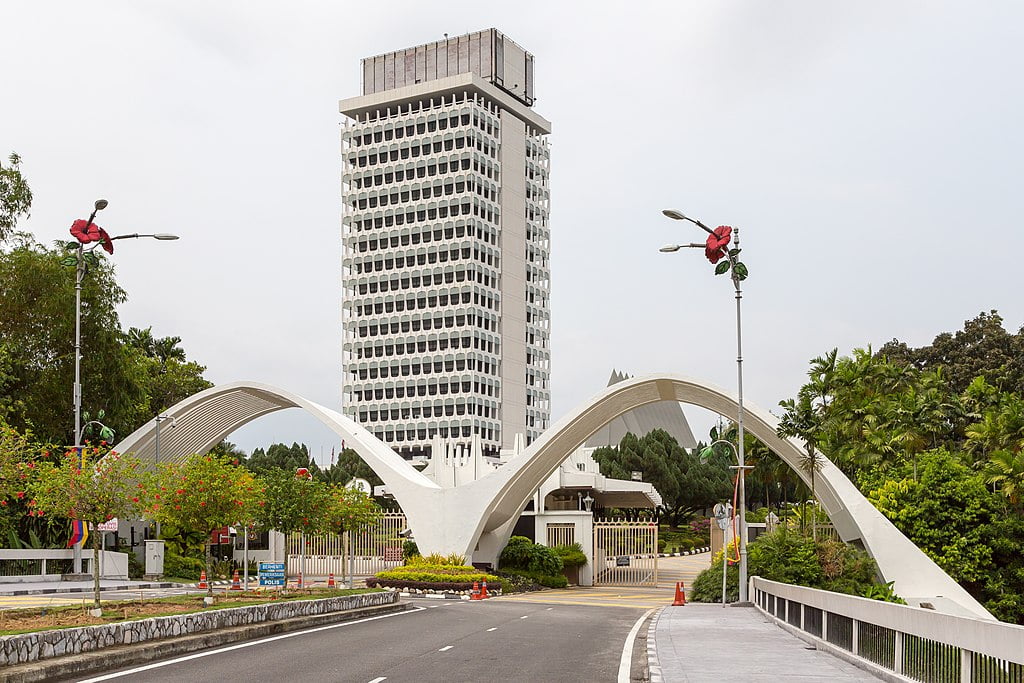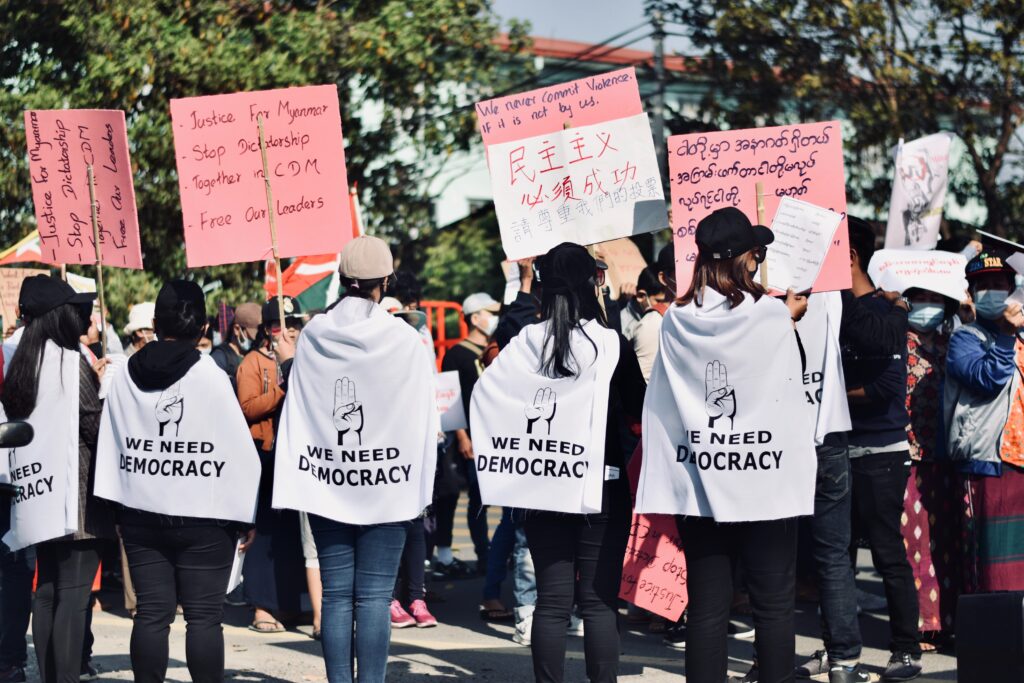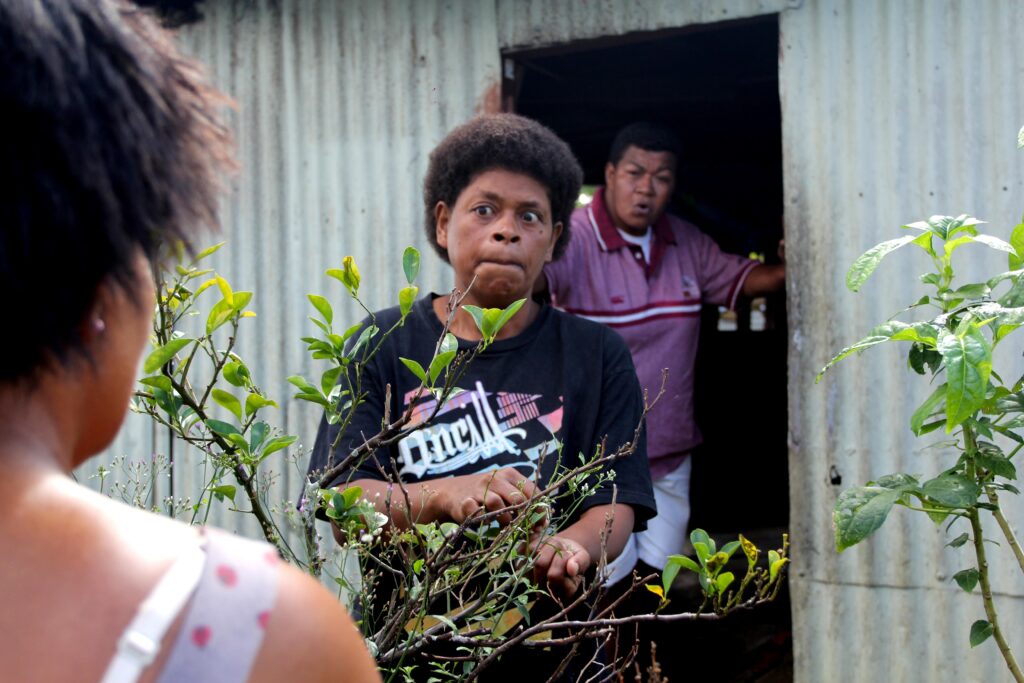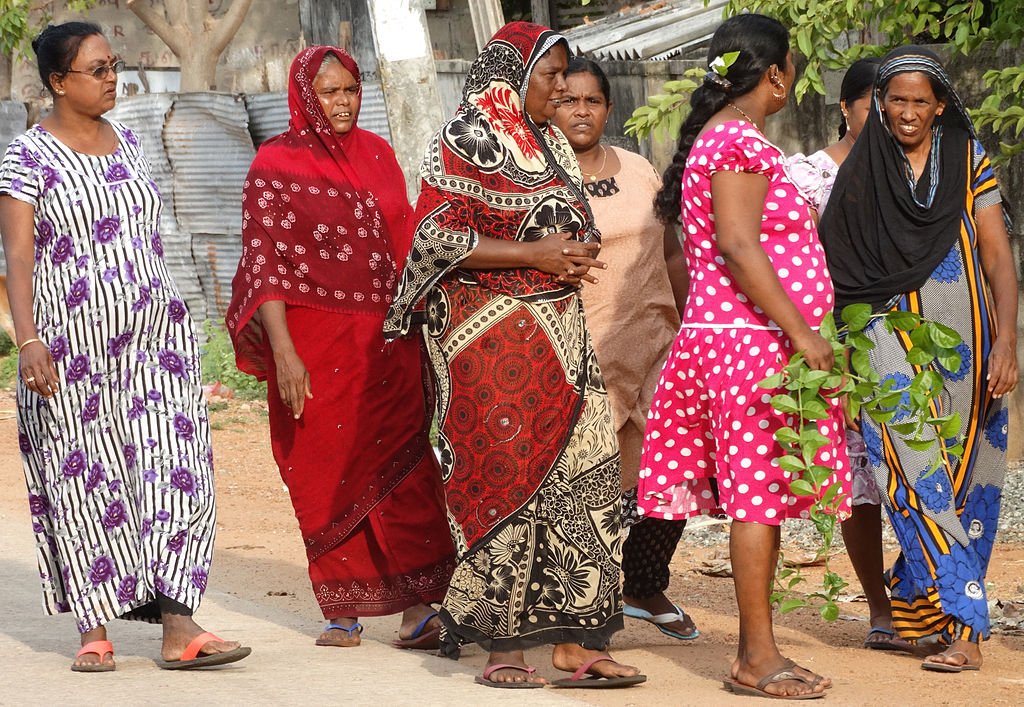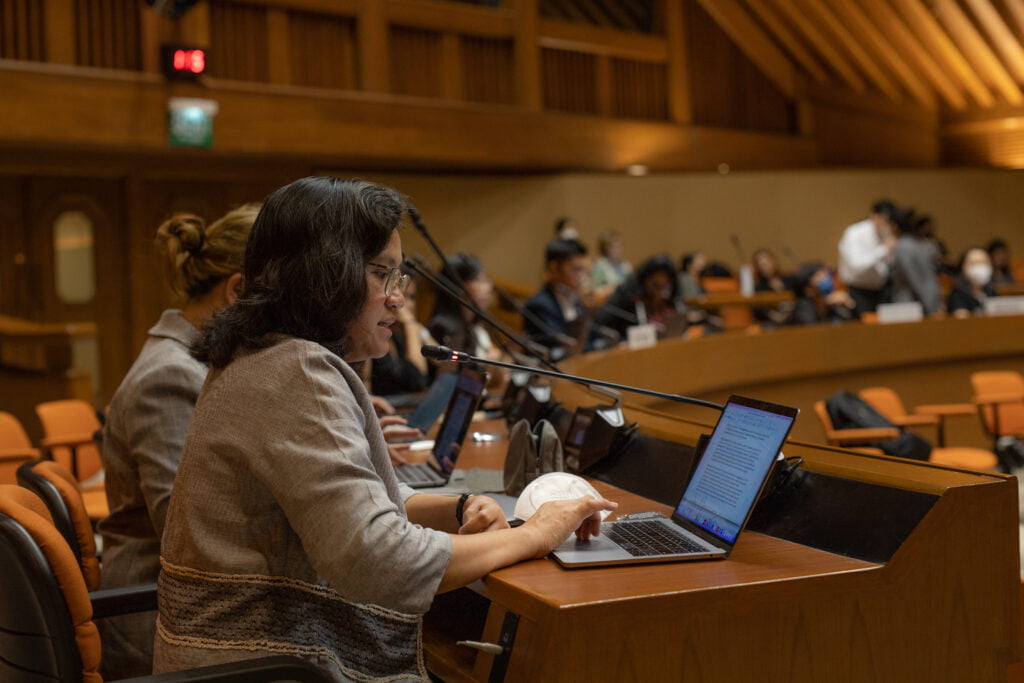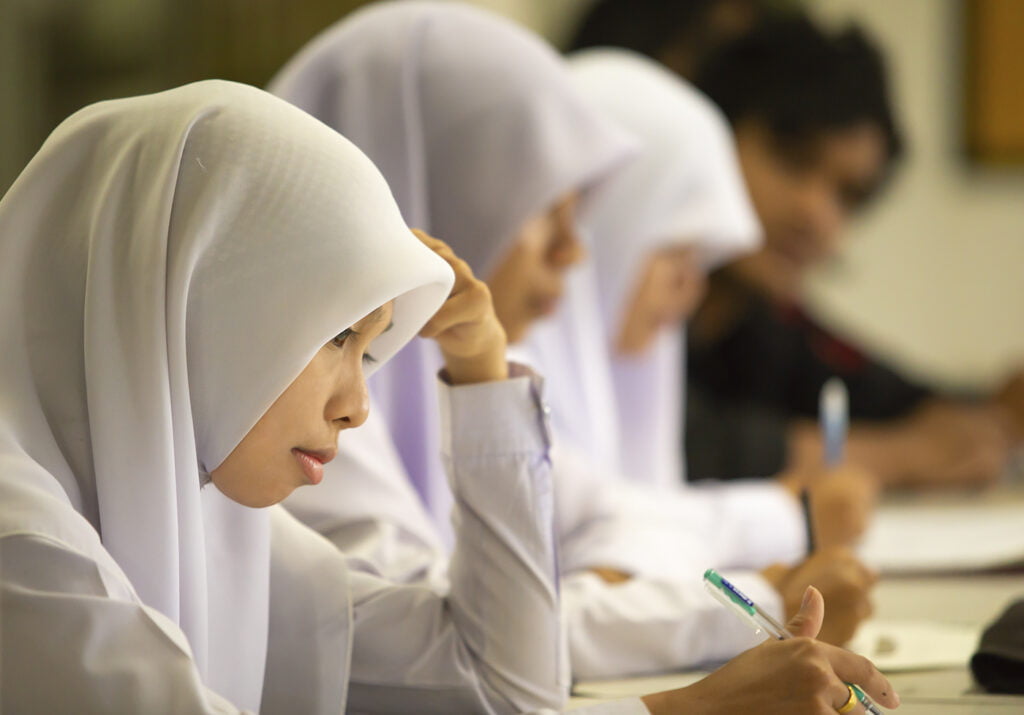Barriers to the engagement of women in peace operations can sustain harmful workplace cultures, scuttle gender equality and even peace outcomes.
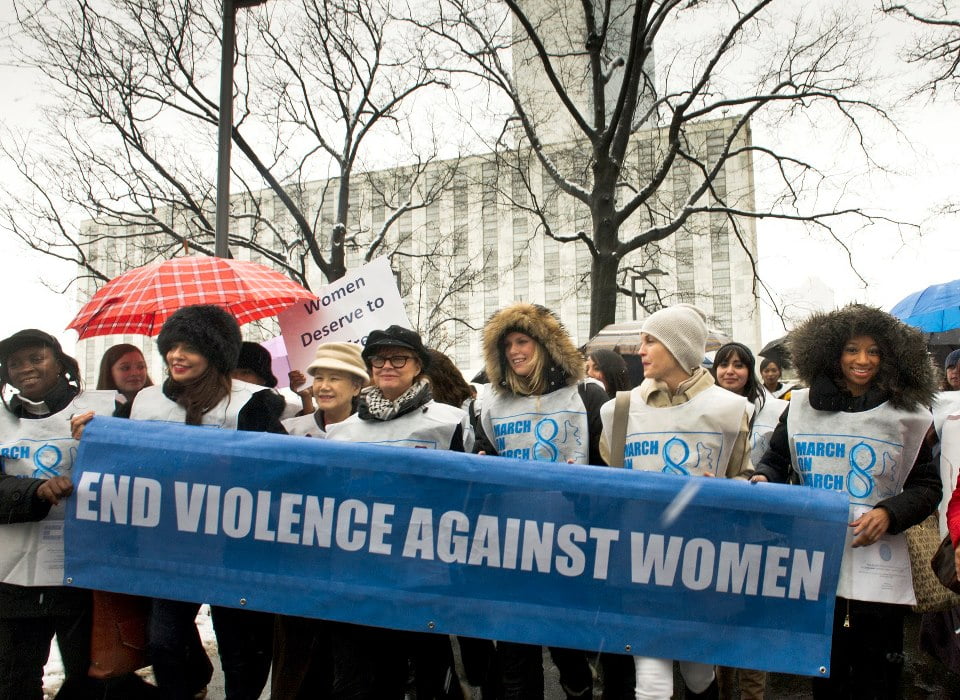 There are many challenges to women working in peace operations. : UN Photo CCBY2.0
There are many challenges to women working in peace operations. : UN Photo CCBY2.0
Barriers to the engagement of women in peace operations can sustain harmful workplace cultures, scuttle gender equality and even peace outcomes.
I worked for 10 years in UN peace operations, mainly in Bosnia and Herzegovina. I helped return refugees and internally displaced persons to Srebrenica, prosecute war criminals and protect and promote human rights. I was also involved in the creation of new security and justice institutions in Bosnia and Herzegovina and Kosovo.
I left to have my son. The decision to leave the work I loved and where I felt I could make a positive difference was hard.
Many of my colleagues, of all genders, also faced the difficult decision between their career and caring for or even having children. I’ve reflected on the harm these decisions have on people, who choose to leave or stay in the sector, and on the harm this can have on the organisations they work for – as people leave, try to juggle both caring and paid work responsibilities, or choose not to have children at all.
I then began to see the subsequent harms this can have on the work culture and practices of these organisations and, fundamentally, on peace outcomes.
Working in peace operations and the broader peacebuilding sector often entails working in unstable and insecure environments with poor health, education and utilities infrastructure. However, women with caring responsibilities often leave the sector not through personal choice but because of other practical, organisational, work culture issues and gendered assumptions about who does peace and who does care work.
Beyond potential insecurity and lack of amenities, there are practical challenges such as expectations of frequent travel, very long working hours, frequent rotations or the need to move every few years, the need for flexibility (to travel at short notice and work out of office hours), and the limited number of positions in family duty stations, where staff are allowed to take their children.
Many decisions to leave the sector are driven by challenges associated with these work conditions but also a lack of adequate organisational support and mechanisms to recruit, train, retain, promote and deploy people who are parents.
There is often insufficient maternity and paternity leave, limited access to childcare or crèches, lack of support for nursing mothers, and lack of time once deployed to find schools, creches or support networks.
Compounding this are workplace cultures not conducive to managing caring responsibilities or raising children, along with gender assumptions about the role of men and women in peace operations. There can be gender bias and overt discrimination against women and mothers in particular, fed by assumptions that mothers are less productive, less reliable, and not willing or able to prioritise the needs of the organisation or mission.
Women with children are often disinclined to raise issues about their caring responsibilities for fear they will be judged as unprofessional or not committed. Conversely, women with children may sometimes be judged as poor mothers when they choose to work in this sector, seemingly prioritising the needs of their work above their children. Men with children are not often judged in this way, but they may suffer in different ways in organisations that don’t recognise or support them in their caring responsibilities.
These barriers to the engagement of parents in peacebuilding is a significant factor in the underrepresentation of women in the sector. The UN is one of the largest employers in the sector with women comprising a third of personnel in the field. Women make up 29.9 percent of civilian and 7.8 percent of uniformed personnel in UN peace operations. This is despite gender parity being a strategic goal of the UN and the UN Women, Peace and Security agenda underscoring the importance of women’s engagement in efforts to build and sustain peace.
Scholarship also tells us that women’s meaningful engagement is critical to sustainable peace, and that gender equality and peace are mutually supportive. When organisations do not adequately address barriers to gender equality, their effectiveness and credibility can be undermined when advocating for such principles in peacebuilding. This can compromise peacebuilding endeavours.
The departure of women can hamper an organisation’s effectiveness in other ways. Less diversity can narrow skill-sets, knowledge and ways of thinking. An organisation’s operations are less likely to be responsive to diverse needs and less able to enjoy public confidence and trust. They also have less capacity to respond to complex and dynamic challenges. That can mean missing opportunities to build peace.
When organisations do not communicate a commitment to an ethics of care, including the care needs and caring responsibilities of its personnel, the well-being of all staff can suffer. Ignoring these responsibilities can lead to a work culture characterised by long hours, dislocation from family and little work-life balance. This can lead to stress, burnout and the type of scandals that continue to blight the sector, including sexual exploitation and abuse.
There are many practical ways to address these barriers to women. A toolkit developed with a colleague from the University of Warwick, Associate Professor Briony Jones, details the many ways that organisations engaged in peacebuilding can better support their employees with caring responsibilities.
Recommendations include a range of human resource policies including more parental leave, re-engagement policies to support returning employees, spousal policies that support the transfer of spouses to the same mission and prioritisation of family duty station posts for employees who are parents including crèches and safe spaces for nursing mothers, flexible work schedules, and more part-time and job-sharing opportunities, work-life balance messaging and practice, transparent disciplinary procedures to guard against discrimination, role models, mentoring schemes, peer support mechanisms and support networks and awareness raising campaigns.
Fundamentally, an ethics of care should be advanced in peacebuilding. It would acknowledge interdependence between people, promote engagement that is more attentive and responsive to the needs of others, and reconceptualise peacebuilding practice and practitioners as embroiled within rather than divorced from practices and principles of care.
Dr Eleanor Gordon has spent 25 years working in the field of post-conflict security, justice and human rights, including 10 years working in UN peace operations in management and advisory roles. She is currently a Senior Lecturer at Monash University, where her research, teaching and practice focus on inclusive approaches to building security and justice after conflict.
Originally published under Creative Commons by 360info™.



